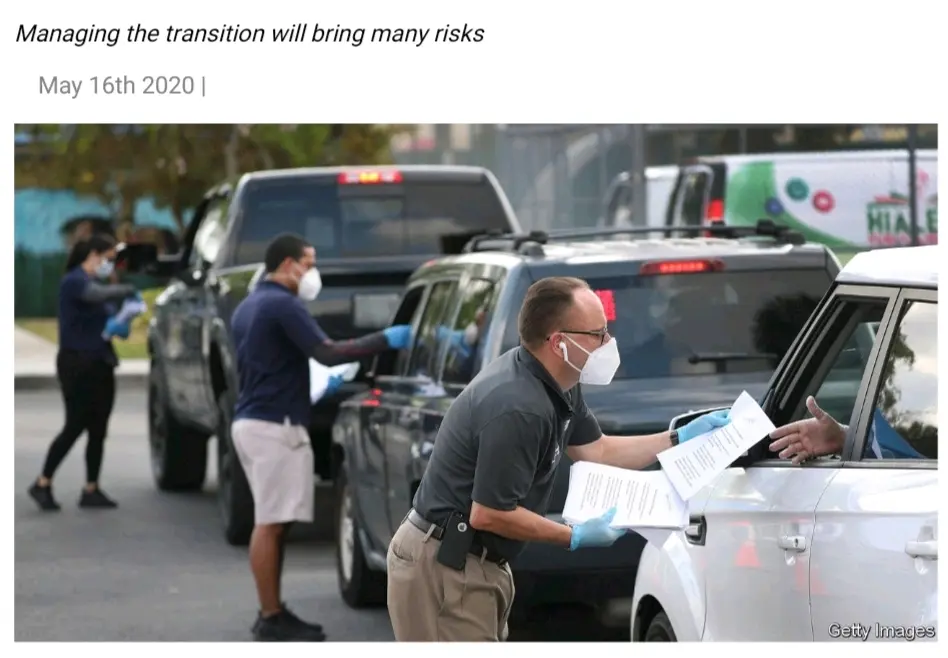Step-by-Step Guide: How to Become a Mortgage Loan Officer in Florida
Guide or Summary:Understand the Role of a Mortgage Loan OfficerMeet the Basic RequirementsComplete Pre-Licensing EducationPass the National Mortgage Licensi……
Guide or Summary:
- Understand the Role of a Mortgage Loan Officer
- Meet the Basic Requirements
- Complete Pre-Licensing Education
- Pass the National Mortgage Licensing System (NMLS) Exam
- Submit Your License Application
- Obtain a Sponsorship from a Licensed Lender
- Continuing Education and License Renewal
- Build Your Network and Clientele
#### How to become a mortgage loan officer in Florida
If you’re interested in a career in finance and helping people achieve their dream of homeownership, becoming a mortgage loan officer in Florida could be the perfect path for you. This role not only offers the potential for a rewarding income but also allows you to make a significant impact on individuals and families by guiding them through the mortgage process. In this guide, we will cover the essential steps you need to take to become a mortgage loan officer in Florida.
Understand the Role of a Mortgage Loan Officer
Before diving into the steps, it’s crucial to understand what a mortgage loan officer does. A mortgage loan officer acts as a liaison between borrowers and lenders, helping clients secure financing for their homes. They assess clients' financial situations, recommend appropriate loan products, and guide them through the application process. Strong communication skills, attention to detail, and a solid understanding of the mortgage industry are vital for success in this role.

Meet the Basic Requirements
To become a mortgage loan officer in Florida, you must meet certain basic requirements. Typically, you need to be at least 18 years old and possess a high school diploma or equivalent. While a college degree is not mandatory, having a degree in finance, business, or a related field can be advantageous. Additionally, you should have a solid understanding of financial principles and excellent interpersonal skills.
Complete Pre-Licensing Education
In Florida, aspiring mortgage loan officers must complete a state-approved pre-licensing education course. This course covers essential topics such as mortgage laws, ethics, and loan products. The Florida Office of Financial Regulation requires a minimum of 20 hours of education before you can take the licensing exam. Look for accredited schools or online programs that offer these courses.
Pass the National Mortgage Licensing System (NMLS) Exam
After completing your pre-licensing education, the next step is to pass the NMLS exam. This exam tests your knowledge of mortgage lending laws and practices. It consists of 125 questions, and you need a score of at least 75% to pass. Prepare thoroughly by studying the materials provided during your pre-licensing course and taking practice exams.

Submit Your License Application
Once you pass the NMLS exam, you can submit your application for a mortgage loan officer license through the NMLS. This application will require you to provide personal information, details about your education, and proof of your exam results. Additionally, you will need to undergo a background check and submit fingerprints. Be prepared to pay the necessary fees associated with the application process.
Obtain a Sponsorship from a Licensed Lender
In Florida, mortgage loan officers must be sponsored by a licensed mortgage lender to operate legally. This means you’ll need to find a job with a mortgage company or bank that will sponsor your license. Many employers prefer candidates with some experience or relevant education, so consider internships or entry-level positions in the financial services industry to gain experience.
Continuing Education and License Renewal
After obtaining your license, it’s important to stay informed about changes in mortgage laws and industry practices. Florida requires mortgage loan officers to complete 8 hours of continuing education every year to maintain their licenses. This ongoing education ensures that you remain knowledgeable and compliant with state regulations.

Build Your Network and Clientele
As a mortgage loan officer, your success will largely depend on your ability to build relationships and network within the industry. Attend industry events, join professional organizations, and connect with real estate agents, financial advisors, and other professionals. Building a strong referral network can help you grow your clientele and increase your business.
In conclusion, becoming a mortgage loan officer in Florida involves a series of steps, from meeting basic requirements and completing education to passing exams and obtaining sponsorship. With dedication and the right approach, you can embark on a fulfilling career that not only offers financial rewards but also the satisfaction of helping others achieve their homeownership dreams.